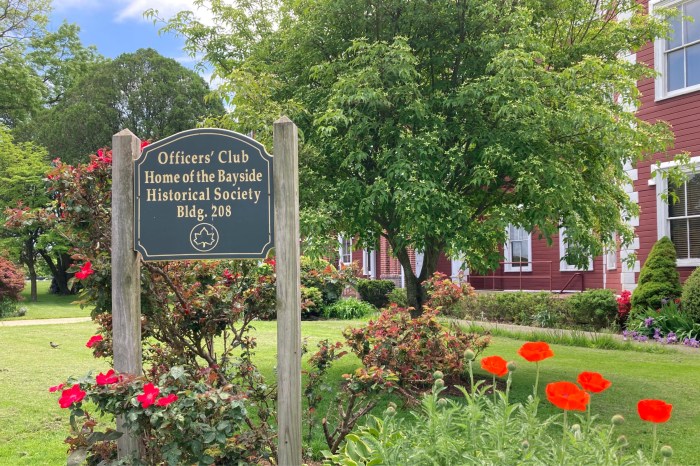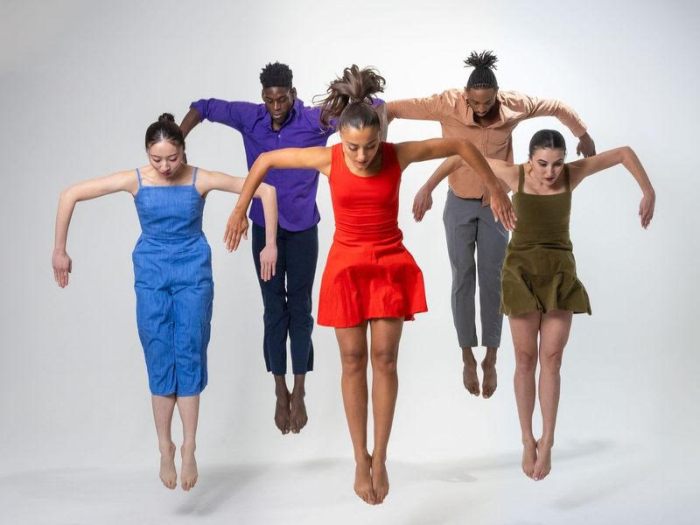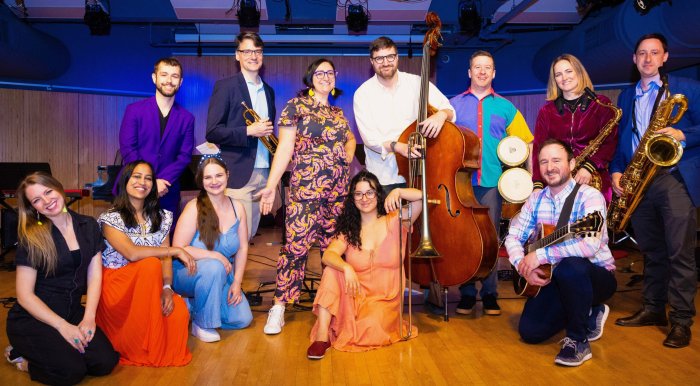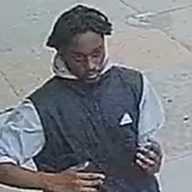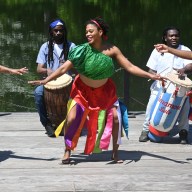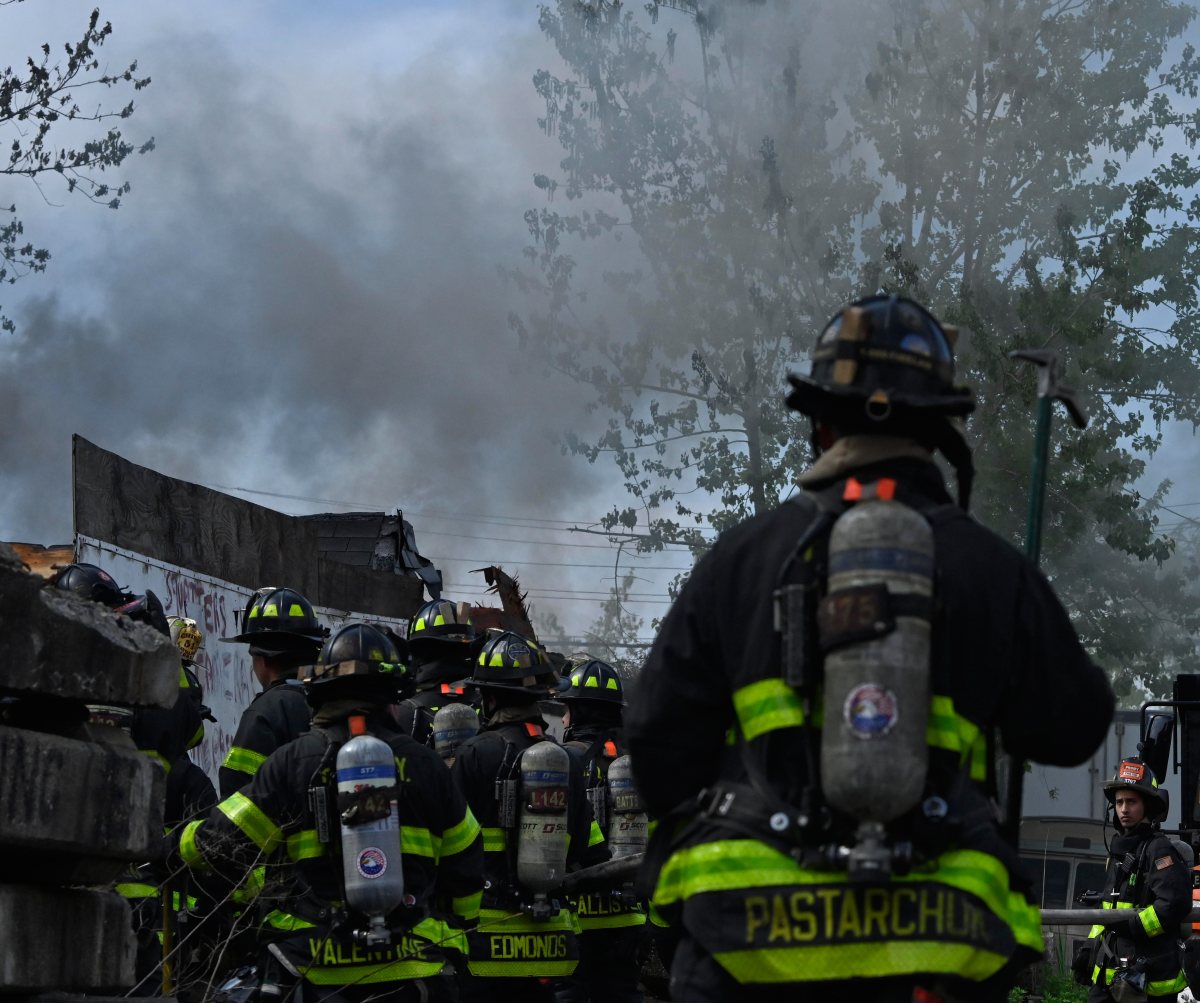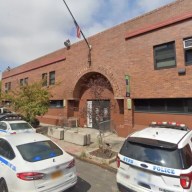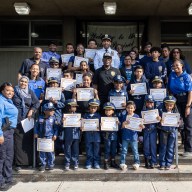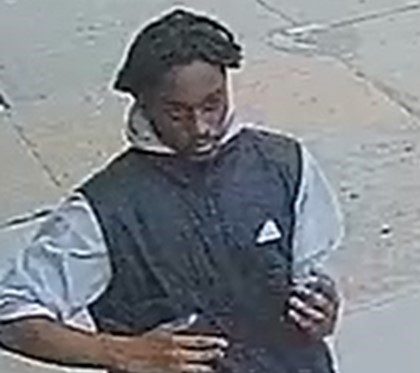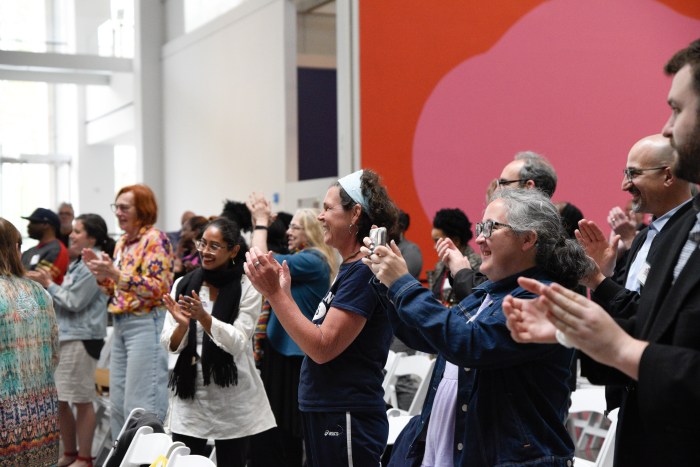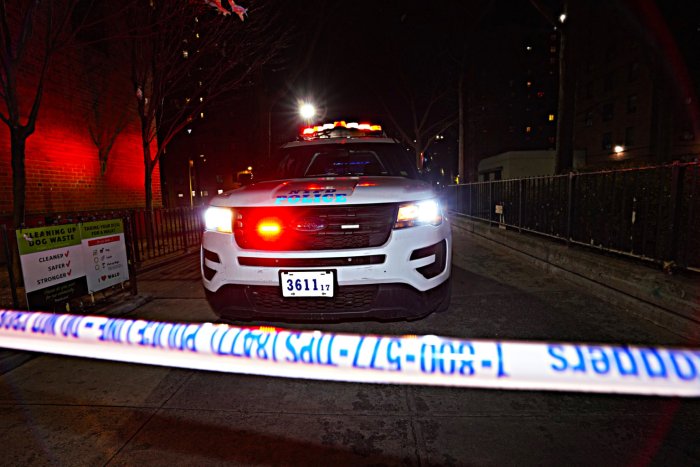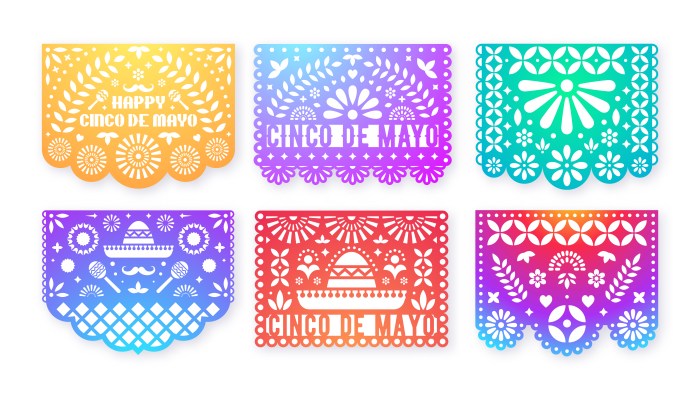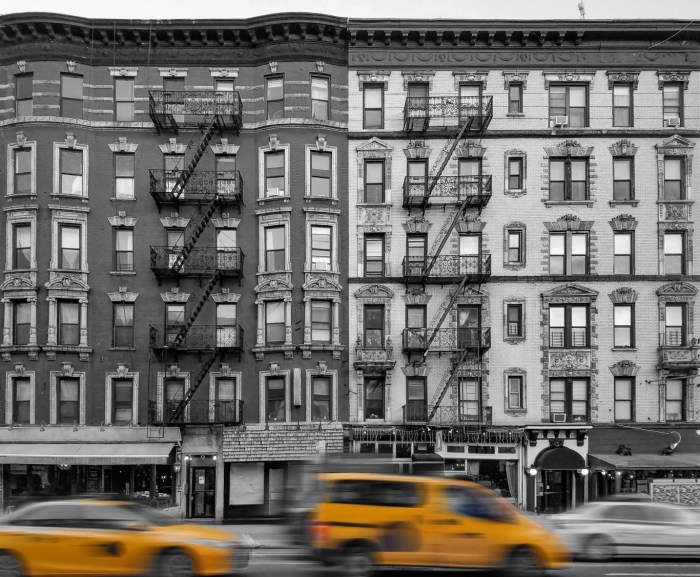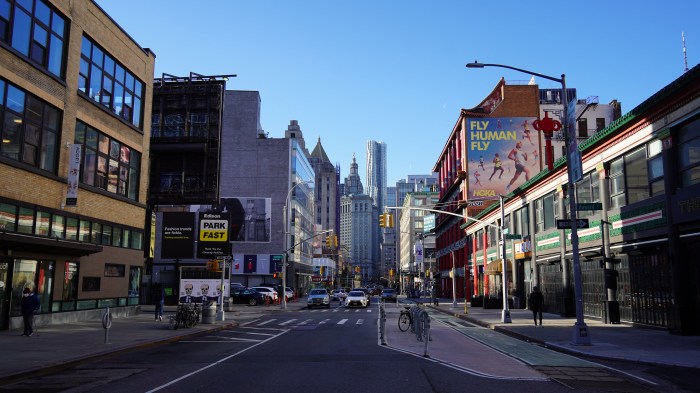Read Related Article #1: What is being done today
Read Related Article #2: QCC Holocaust Resource Center
Read Related Article #3: Survivor Profile: Steven Berger
Read Related Article #4:Survivor Profile: Eva Kessner
Read Related Article #5: Tracing history: DNA Shoah Project seeks to reconnect kin
Read Related Article #7: Survivor profile: Ethel Bauer Katz
Read Related Article #8: More resources on the Holocaust
Read Related Article #9: About the “Legacy of the Holocaust” series
“After my generation, they’re not going to be around - plain and simple,” said David Mendoza, a Queensborough Community College (QBCC) student and intern at QBCC’s Harriet and Kenneth Kupferberg Holocaust Resource Center and Archives.
Mendoza, who is of Ecuadorian and Colombian descent, grew up in the Jewish enclave of Rego Park. The first books he ever read were Elie Weisel’s “Night” and William Styron’s “Sophie’s Choice,” two of the most notable Holocaust-themed books ever written.
“I always remember seeing anti-Semitic signs on the elevator doors,” Mendoza recalled of his neighborhood, explaining that many of his peers know little about the Holocaust and care even less about current global strife.
“People my age are more interested in clothes,” he said, straight-faced with a hint of sadness in his voice.
As hard as it is for Mendoza’s generation to listen, however, it is even more difficult for survivors to recount the atrocities of the Holocaust. However, for the sake of history, and the future, many of those who lived through the Holocaust are speaking about their past, often directly at Mendoza and his generation.
“Some people say it didn’t happen. What’s going to happen when we’re not going to be around anymore?” asked survivor Eddie Weinstein, noting that, if Hitler had never come to power, the six million Jews slaughtered during the Holocaust would have likely multiplied to three times their pre-Holocaust population by now. “I feel that I survived to be able to tell the story,” said Weinstein, who, like other survivors, knows the importance of passing his stories onto younger generations of survivors.
Hannah Deutch, who, as a teenager escaped Nazi Germany and joined the British army as a nurse, takes a proactive approach to her survival.
“I always say I’m like a cat with nine lives,” said Deutch, the Queens County Commander for Jewish War Veterans. “I still have things to do,” she said, noting that she harbors no guilt for her survival and is working, on behalf of the B’nai B’rith organization, for an end to the suffering in Darfur, and lectures to students about reporting and preventing hate crimes.
Ann Bandler Klamka, too, is grateful that she lived to be able to talk about her experiences but she is fearful of what lies ahead. The situation in Darfur does nothing to ease her mind.
“I’m scared for the Jews. I’m always scared for the Jews,” Klamka said. “The Jews always get blamed for everything,” she said somberly.
Richard Sonnenfeldt, who escaped Nazi Germany and ultimately became Chief Interpreter at the Nuremberg Trials, rattled off a list of current global conflicts in places like Darfur and the Middle East, explaining that the world, at large, is not ready for democracy.
“The challenge is to prevent it before it happens instead of punishing the perpetrators, if you can, after they’ve done it,” Sonnenfeldt said.
While many survivors are actively preserving the oral histories and legacy of the Holocaust, others are unable to speak about their experiences. Some refused to bring children into a world they viewed as cruel and conducive to oppression.
However, just because many lives began with tragedy does not mean they have to end that way.
“It boggles the mind. You can’t think,” said Deutch as she recalled first hearing about the brutality inflicted by the Nazis.
“Because your mind does not accept what the eyes see. And then you can’t delve into it either, because then it comes down to what each and everyone had to go through,” she continued, shutting her eyes for a moment and shaking her head.
“And then you say for the grace of God here I am,” Deutch said, falling silent, her eyes opened wide. It was as if she were re-living the Holocaust, for a brief moment in time, in all its horrors, sadness, and tragedies but also in the triumphs of those who lived to tell their stories; triumphs like when a survivor recently inspired a group of Jackson Heights elementary schoolers with her life story, just one of the innumerable tales of survival spawned by that dark period in human history - that period that shall never be forgotten.
“If the whole world ends up like that again,” said one little fifth-grader bewildered by what he had just heard, “it’ll be really bad.”

